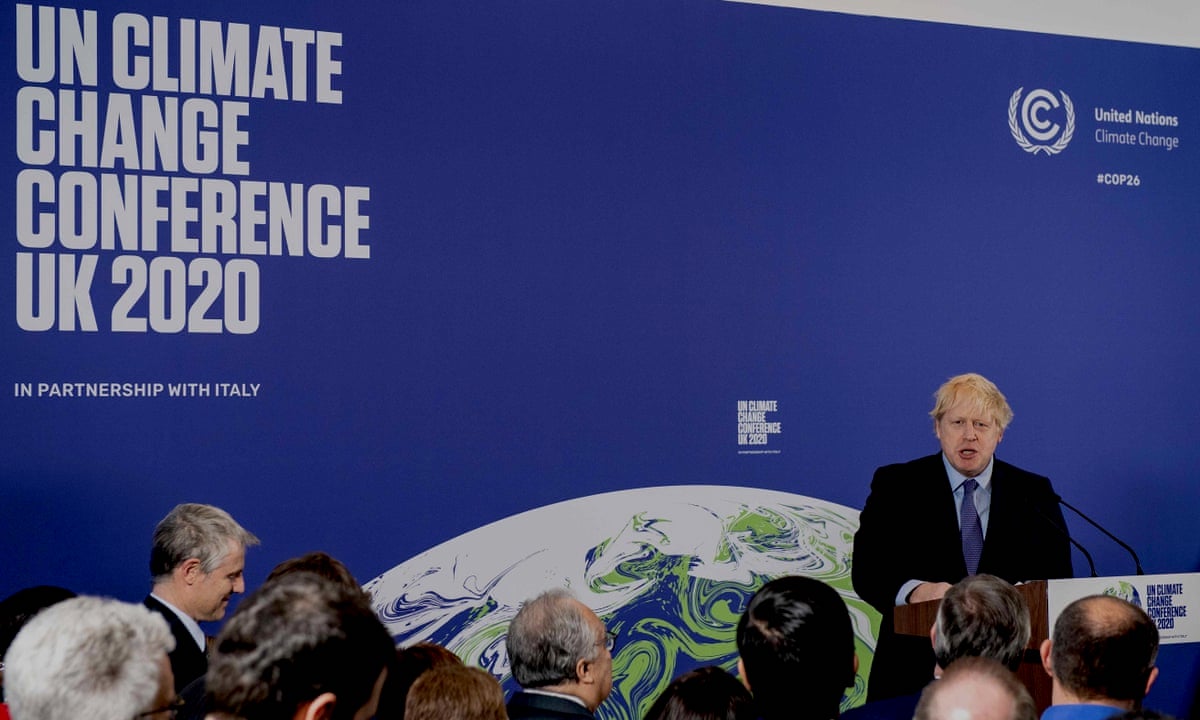After 10 days of frantic negotiating, wrangling and compromise, the first draft (emphasis on draft) of the final COP text has landed. The verdict? Unbalanced and disappointing, but the basis upon which something meaningful could still be agreed.
First the good. Following last week’s Global Coal to Clean Power Statement, the fact that we must accelerate the phase-out of coal across the world is acknowledged (no mention of oil and gas though). The need to address fossil fuel subsidies, which massively outweigh those for renewables, is also recognised. Indeed this is the first time fossil fuels have been mentioned in a climate treaty. It remains to be seen whether they remain.
The text also advances a fairly detailed process for scaling up climate mitigation, and at least recognises the need for countries to come back to the table by 2023 to go further on their decarbonisation commitments. Only by doing so can 1.5C be kept alive.
Now the bad. While the text does recognise the need for loss and damage payments, it is otherwise extremely weak on adaptation and finance. For example, there is no specific date for scaling up support for adaptation, though some placeholders remain throughout the text waiting for ministerial consultations. For developing countries at COP, finance is absolutely key to the negotiations, and many will be dismayed at the lack of detail. For them, this is a question of trust, and the fact the text does not even acknowledge the missed deadline for $100bn from developed nations does not sit well.
“This is currently a very lopsided document,” says Mohamed Adow, Director, Powershift Africa. “On one side of the scales, there is lots on the process for accelerating emissions reductions. But on the key demands of vulnerable countries, there is very little.”
Without the necessary commitment to finance, ambition for emissions reductions will be severely compromised. At the start of COP, Boris Johnson called for action on ‘cars, coal, cash and trees’. We have seen commitments – with varying degrees of ambition – on three, but the silence on cash is deafening. This is where negotiations will now focus and their success will determine whether finance makes it into the next draft. For this to happen, rich nations, particularly the US and EU, will need to provide more leadership and show greater support for vulnerable countries. There is still time but there are worrying signs – too many of the major players are already working out who they will set up to take the blame for a disappointing final text.
Leaders have three days to act. If they do not, history will not judge COP26 kindly.
Quotes about the draft text













